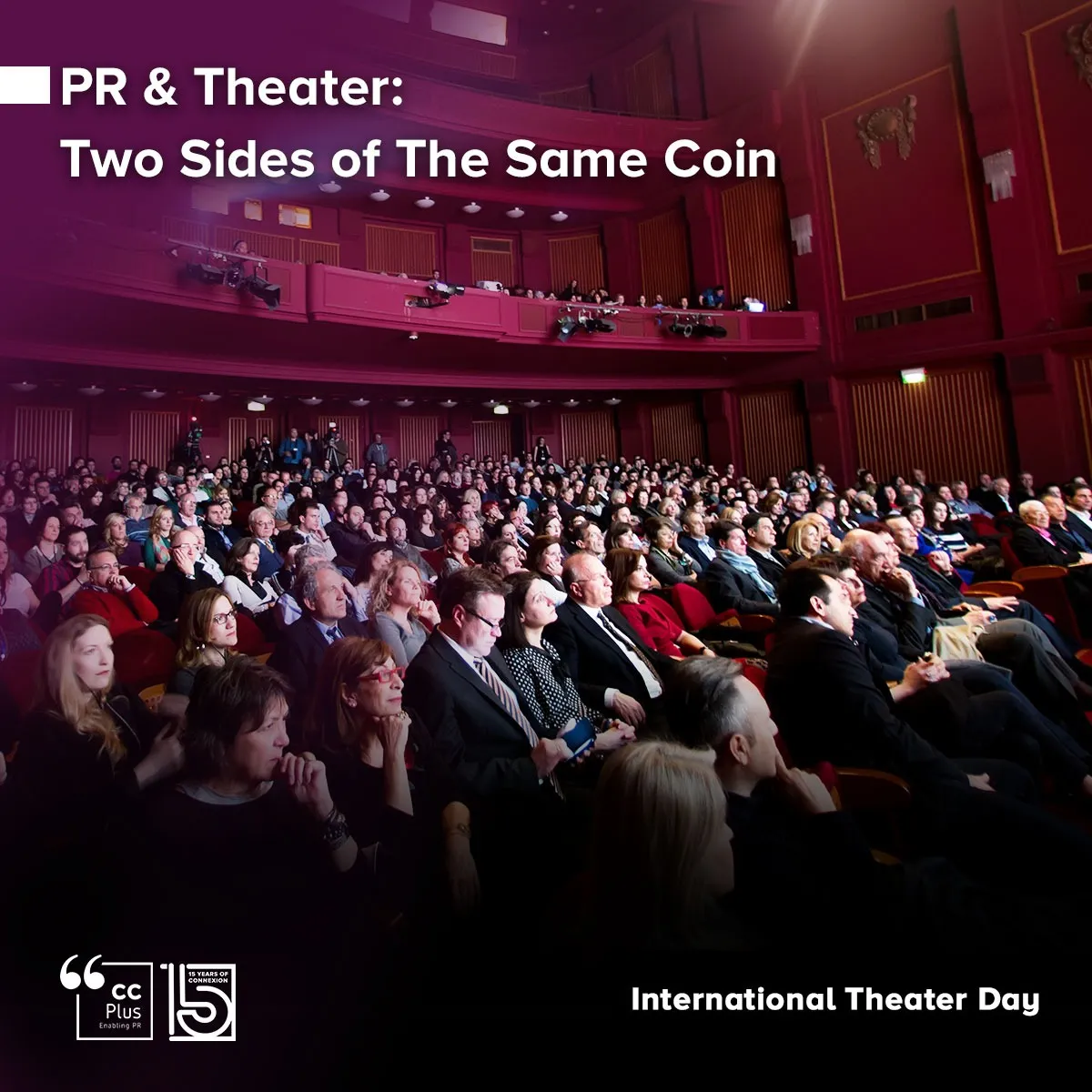The Business of Influence
Approaching PR activities and efforts as an influential force is a must at a time when it has a strong track record of shaping the public opinion towards volatile issues in almost every aspect of life. From a broader perspective, communicating a brand voice has the vigor to influence opinions; in order to influence market behavior – how individual minds work, as well as the collective.
On a larger scale, PR comes to aid businesses to reach global levels, and even integrate in bilateral relations and international dialogues; many types of organizations virtually and physically interact and communicate with stakeholders outside their own country of origin to build a dynamic set of relationships. Trade, direct foreign investment, political coalitions, worthy global causes, information flow, and social networking, among other phenomena, are increasing the complexity of these relationships. Moreover, this complexity results in greater interdependence and interconnectivity among societies, groups of ideology/cause-driven audience worldwide. This reality reflects the evolution of PR as a profession, and practice as a business of influence.
It is estimated that there are around 4.5 million PR professionals globally endulging their organizations not only in creating multiple relationships at home-where organizations have their headquarters, but also building and keeping those bridges abroad in other remote locations with groups, global media, and international (non)-governmental organizations, through PR agencies, and services. Interactive communication technologies and the activist groups refer to them as “globalutionaries,”
The role of public relations on the global stage here emerges so as to promote alternative political and socioeconomic models of market economy; where the consequences for the PR efforts are of significant transformations on a country political and economic regimes, and contribute to the image of nation and chances of future collaborative projects between countries.
“(Public Relations) helps establish and maintain mutual lines of communication, understanding, acceptance and cooperation between an organization and its publics; involves the management of problems and issues; helps management keep abreast of and effectively utilize change.” (Harlow, 1976)
Boosting the brand voice on a global level and empowering them to be a national image exemplifies a robust strategy, such as done by CC Plus for Schneider Electric. On an extremely important visit to Egyptian-French bilateral relations, the French Ambassador to Egypt Stéphane Romatet, paid a visit to the regional plant of Schneider Electric, CC Plus client, in Badr City, to support French investments and companies operating in Egypt.
Mr. Romatet’s tour witnessed the joined forces with the Egyptian Ministry of Electricity and Renewable Energy to create the first smart grid at the state level in the Middle East. During the visit, Eng. Walid Sheta, Regional Cluster President of Egypt, North East Africa and Levant said the efforts done by Schneider Electric in Egypt and the investments it makes are strong evidence that France is ready to be part of the Egyptian economy transformation, taking Egyptian-French bilateral relations to the next level.
Written by: Mayar Mosaad






